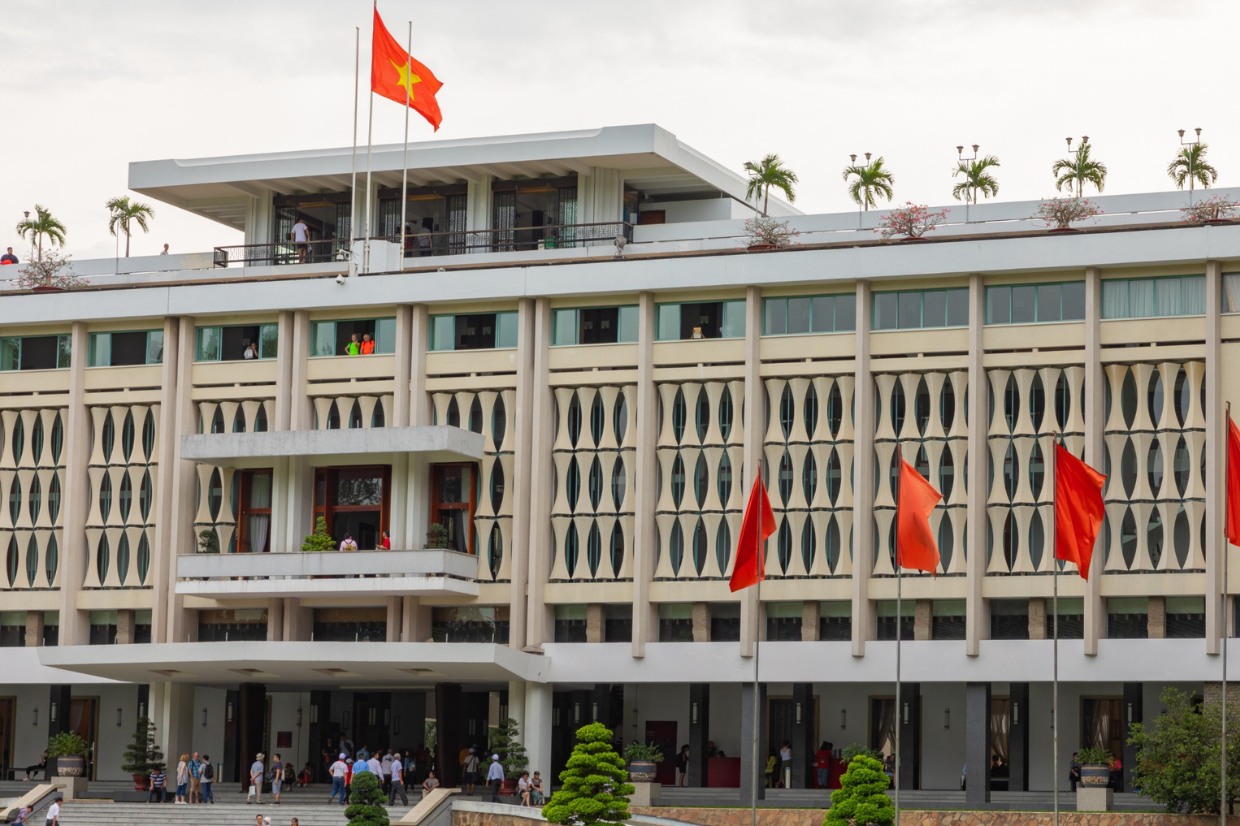29/11/2023 (Vietnam) - Vietnam took a significant step in tax reform by raising its effective tax rate for multinational corporations like Samsung to 15%, beginning in January. This decision, made by the legislature, was part of a global tax reform effort. However, the implementation of measures to offset the higher levy was delayed, raising concerns among experts about the potential impact on future foreign investments, which Vietnam heavily relies on.
The new tax regime officially came into force on January 1, 2024. Le Quang Manh, the head of the assembly's financial commission, clarified that the National Assembly had not issued a separate resolution on investment incentives at the moment. Instead, the government would work on specific incentives in 2024.
Notably, Vietnam had previously set its corporate income tax at 20%, but the country had offered substantially lower effective rates to attract large foreign investors for many years. With the new 15% rate, it was estimated that 122 foreign companies would face a significant increase in their tax costs. The Vietnamese government projected an additional annual intake for the state of 14.6 trillion dong ($601 million).
One company expected to bear a substantial portion of the additional tax burden was Samsung. Its multi-billion-dollar revenues from Vietnamese factories made it the largest contributor to the country's economy. However, the full impact of these tax changes on foreign investments and corporations like Samsung remains to be seen.



